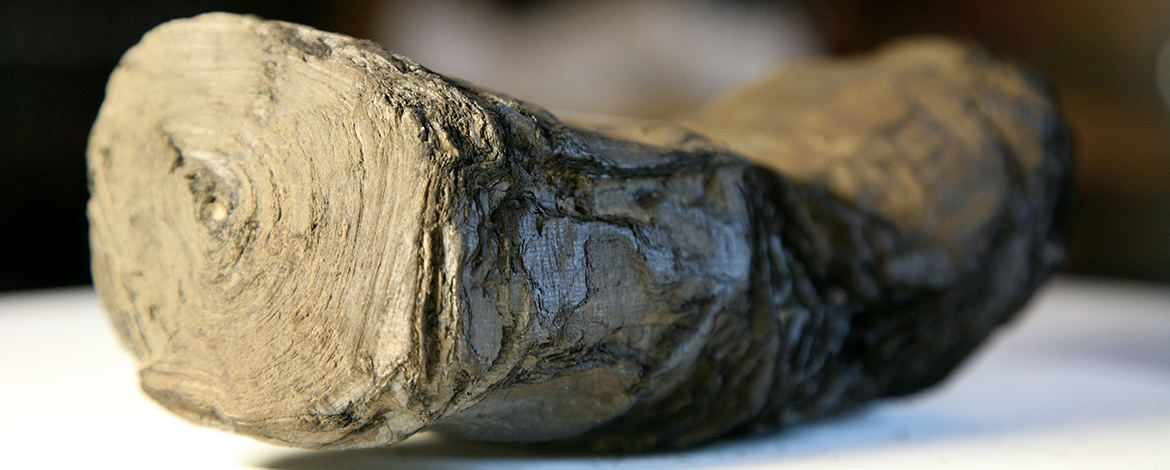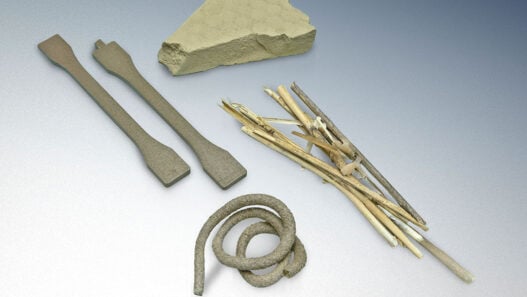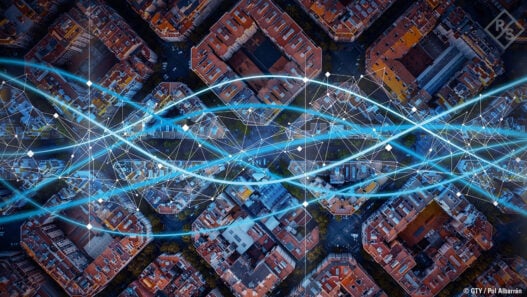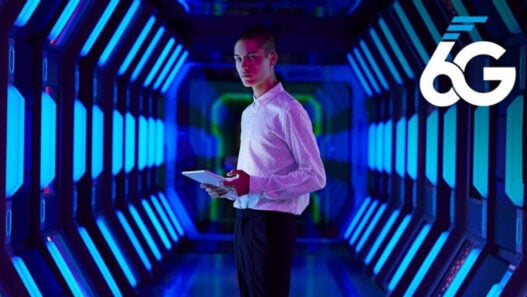The Vesuvius Challenge, a task which asked researchers to use their technical skills and powers of innovation to decipher texts from the Herculanum Papyri – manuscripts buried under the ash of Mount Vesuvius in AD 79 – without unrolling the delicately preserved papers, was launched in 2023 to uncover that burning question: ‘What knowledge is contained within these texts?’
The original challenge
Traditional methods of unravelling the scrolls risked further damage to them, leaving many unread and their secrets locked away.
The core of the Vesuvius Challenge, which revolves around a sophisticated three-step process to read the carbonised papyrus scrolls without physically unrolling them, involves:
- Scanning: creating a 3D scan of a or fragment using X-ray tomography, akin to a CT scan but with much higher resolution, courtesy of a particle accelerator.
- Segmentation and flattening: identifying the layers of the rolled papyrus in the 3D scan and then unrolling them into a “surface volume” that represents a flattened view of the scroll’s text.
- Ink detection: using a machine learning model to identify the inked regions within the flattened surface volume, revealing the ancient writings.
The 2023 competition saw significant improvements in each of these steps – revealing a translation of 5% of one scroll, but with 95% remaining to be deciphered there’s more room for innovation, and participants are encouraged to refine these techniques – or even devise entirely new approaches – to push the boundaries of what’s possible.

013 – HercScroll -Courtesy of The Digital Restoration Initiative, The University of Kentucky_
How technology revealed ancient musings
The feat of uncovering a glimpse of what the scrolls contained was achieved by Luke Farritor, a computer science student at University of Nebraska-Lincoln; Yossef Nader, a machine learning PhD student at Freie University, Berlin; and Julian Schilliger, a robotics student at ETC Zürich.
The approach of virtually unwrapping the scroll using three-dimensional computed tomography (CT) images, coupled with machine learning algorithms capable of distinguishing the carbon-based ink from the papyrus, has proven to be a game-changer. This technique not only preserves the integrity of these precious artefacts but also opens up new possibilities for their study.
The trio were able to unveil hundreds of words across more than 15 columns of text, and they discovered that the writer – who is currently unknown – mused on things such as philosophy, music, and the colour purple.
The revelation is an exciting insight into the ancient manuscripts and a promising growing point from where technology and creative thinking can come together to uncover reflections of the past.

The tech challenge for 2024
The 2024 Vesuvius Challenge aims to expand on the success of 2023 by setting an ambitious goal: to read 90% of each of Scrolls 1–4. Further details on the precise judging criteria will be made available in March: however, participants are encouraged to commence their projects immediately.
To incentivise immediate progress, prizes of $25,000 are being offered – distributed as three $5,000 awards and five $2,000 awards, for submissions made by 31st March that advance the goal of interpreting 90% of Scrolls 1–4. Special consideration will be given to developments in auto-segmentation and the creation of tools that enable the comparison of machine learning outputs and transcriptions with the base data, facilitating enhancements in labelling.
The 2023 competition saw a prize pool exceeding $1,000,000 and had contributions from a diverse group of participants, demonstrating the global and interdisciplinary nature of this endeavour.
Taking a look at the 2024 competition, the potential discoveries hold immense promise for deepening our understanding of ancient philosophies and cultures.
The importance of collaboration
The collaboration between computer scientists, engineers, historians, and archaeologists has been pivotal in achieving these results, and the Vesuvius Challenge demonstrates how competition and cooperation can drive technological advancement and scholarly progress.
This initiative not only continues the work of revealing lost knowledge but also highlights the evolving synergy between historical scholarship and the latest technological innovation.
The Vesuvius Challenge is an exciting discovery of how the new and old can work in harmony to show the world the musings of the past by using the tools of the present, shedding light on the shadows of history.







